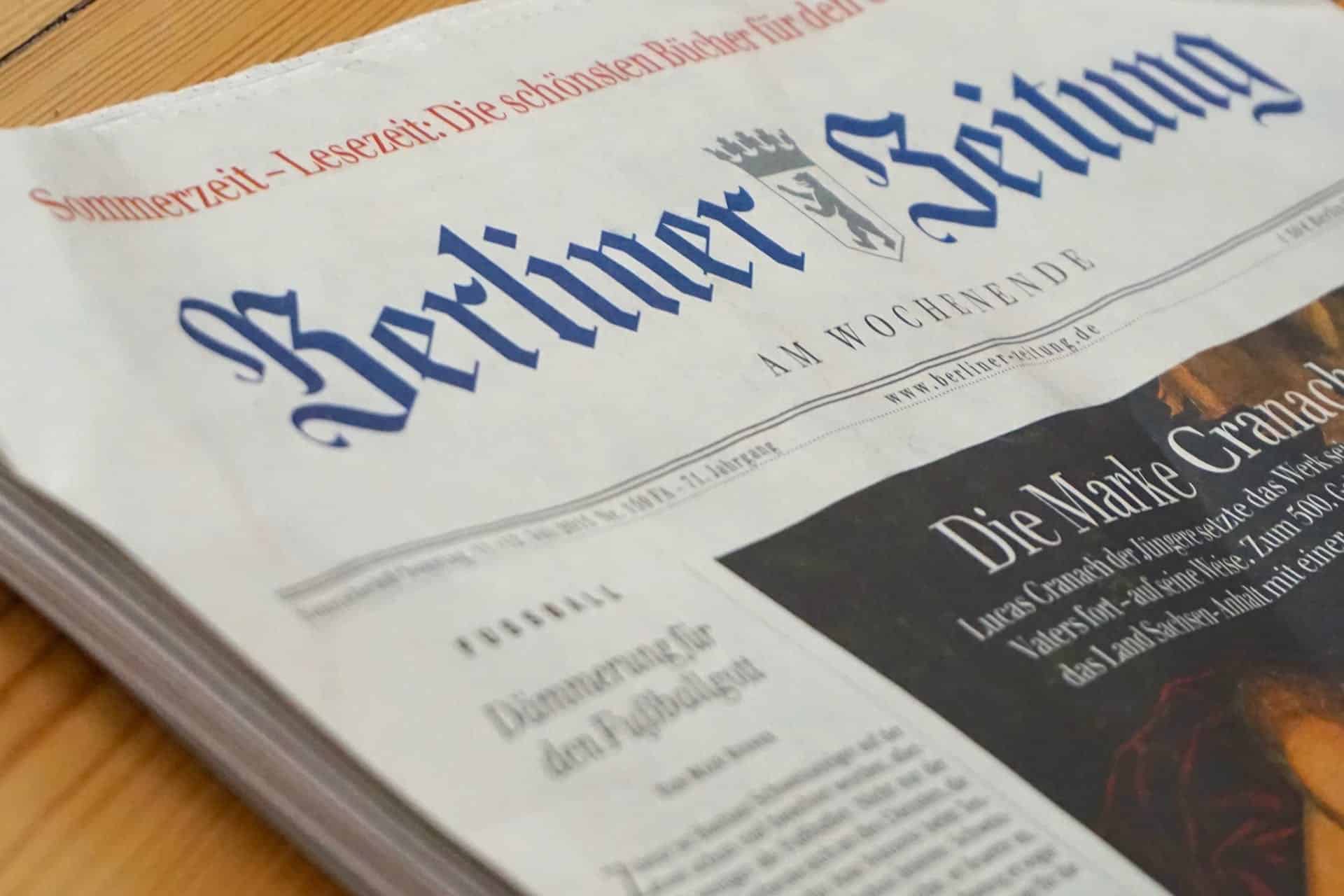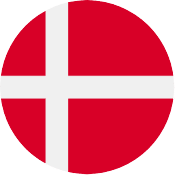
Adjectives in German: 50 You Should Know
Learning common German words is important for beginners. It’s also important to know some adjectives. Below you can find a list of 50 common adjectives in German you should know. The list includes adjectives, such as old, young, intelligent, red, and tired. Adjectives describe things, such as “Der Mann ist alt” (the man is old) or “Das Buch ist neu” (The book is new).
When learning, don’t follow a strict order. Adjectives change when used before a noun, so pay attention to that. Use adjectives in sentences to help remember them better. Translations might not match perfectly.
50 Common Adjectives in German:
1. Adjectives Describing Emotions
- Lustig – Funny. Example: Der lustige Film brachte uns zum Lachen. (The funny movie made us laugh.)
- Ernst – Serious. Example: Die ernste Situation erforderte konzentriertes Handeln. (The serious situation required focused action.)
- Freundlich – Friendly. Example: Die freundlichen Nachbarn begrüßten uns herzlich. (The friendly neighbors greeted us warmly.)
- Unfreundlich – Unfriendly. Example:- Der unfreundliche Blick des Fremden machte uns nervös. (The unfriendly look from the stranger made us nervous.)
- Wichtig -Important. Example: Eine wichtige Entscheidung erfordert sorgfältige Überlegung. (An important decision requires careful consideration.)
- Traurig – Sad. Example: Der traurige Film rührte unser Herz. (The sad movie touched our hearts.)
- Glücklich – Happy. Example: Die glücklichen Momente bleiben in Erinnerung. (Happy moments stay in memory.)
- Überrascht – Surprised. Example: Die überraschte Reaktion war unbezahlbar. (The surprised reaction was priceless.)
- Zufrieden – Satisfied. Example: Das zufriedene Lächeln sagte alles. (The satisfied smile said it all.)
- Gelangweilt – Bored. Example: Der gelangweilte Ausdruck war offensichtlich. (The bored expression was evident.)
2. Adjectives Describing Appearance
- Groß – Big, Large, Great. Example: Das große Stadtbild von Berlin beeindruckt immer wieder. (The big cityscape of Berlin never fails to impress.)
- Klein – Small. Example: Die kleinen Kätzchen spielen im Garten. (The small kittens are playing in the garden.)
- Alt – Old. Example: Die alte Stadt hat viele historische Gebäude. (The old town has many historic buildings.)
- Neu – New. Example: Das neue Buch in der Bibliothek hat viele interessante Informationen. (The new book in the library has a lot of interesting information.)
- Hoch – Tall, High. Example: Die hohen Berge ziehen viele Bergsteiger an. (The tall mountains attract many climbers.)
- Kurz – Short. Example: Die kurze Geschichte war fesselnd. (The short story was captivating.)
- Lang – Long. Example: Ein langer Spaziergang im Park ist entspannend. (A long walk in the park is relaxing.)
- Jung – Young. Example: Die junge Generation bringt frischen Wind in die Gesellschaft. (The young generation brings a breath of fresh air to society.)
- Altmodisch – Old-fashioned. Example: Die altmodische Kleidung war ein Blickfang. (The old-fashioned clothing was an eyecatcher.)
- Modern – Modern. Example: Die moderne Architektur der Stadt beeindruckte die Besucher. (The modern architecture of the city impressed the visitors.)
3. Adjectives Describing Conditions
- Gesund – Healthy. Example: Das gesunde Essen machte uns vital und tatkräftig. (The healthy food made us vibrant and energetic.)
- Krank – Sick. Example: Der kranke Patient benötigte ärztliche Hilfe. (The sick patient needed medical assistance.)
- Sauber – Clean. Example: Das saubere Haus strahlte Frische aus. (The clean house radiated freshness.)
- Schmutzig – Dirty. Example: Die schmutzige Kleidung musste gewaschen werden. (The dirty clothes needed washing.)
- Einfach – Simple, Easy. Example: Die einfache Lösung ist oft die beste. (The simple solution is often the best.)
- Kompliziert – Complicated. Example: Die komplizierte Aufgabe erforderte viel Überlegung. (The complicated task required a lot of consideration.)
- Leicht – Light. Example: Das leichte Gepäck war angenehm zu tragen. (The light luggage was comfortable to carry.)
- Schwer – Heavy. Example: Die schweren Koffer waren anstrengend zu tragen. (The heavy suitcases were hard to carry.)
- Schnell – Quick. Example: Der schnelle Zug erreichte den Bahnhof pünktlich. (The quick train reached the station on time.)
- Langsam – Slow. Example: Der langsame Fluss schlängelt sich durch die Landschaft. (The slow river winds its way through the landscape.)
Sign up for our offers
Exclusive discounts on your course with Cactus directly on your inbox!
4. Adjectives Describing Quantity and Size
- Wenig – Few. Example: In wenige Stunden geht mein Flug. (In a few hours, my flight departs.)
- Viel – Many, Much. Example: Die viel Bücher im Regal beeindruckten. (The many books on the shelf were impressive.)
- Ganz – Whole, All the. Example: Die ganz Familie versammelte sich zum Abendessen. (The whole family gathered for dinner.)
- Eigen – Own. Example: Jeder sollte sein eigen Meinung haben. (Everyone should have their own opinion.)
- Gleich – Same. Example: Wir haben die gleich Interessen. (We have the same interests.)
- Unterschiedlich – Different. Example: Die unterschiedlich Meinungen führten zu Diskussionen. (The different opinions led to discussions.)
- Weit – Far. Example: Der Weg zum Ziel ist oft weiter als gedacht. (The path to the goal is often farther than thought.)
- Nah – Close. Example: Die nah Freunde unterstützen immer. (Close friends always provide support.)
- Kurz – Short. Example: Die kurz Geschichte war fesselnd. (The short story was captivating.)
- Lang – Long. Example: Ein lang Spaziergang im Park ist entspannend. (A long walk in the park is relaxing.)

5. Adjectives Describing Weather and Nature
- Ruhig – Quiet. Example: Der ruhig See spiegelt den klaren Himmel wider. (The quiet lake reflects the clear sky.)
- Hell – Bright. Example: Das hell Licht der Sonne erwärmt die Erde. (The bright light of the sun warms the Earth.)
- Dunkel – Dark. Example: Die dunkel Nacht bietet einen klaren Blick auf die Sterne. (The dark night provides a clear view of the stars.)
- Leicht – Light. Example: Die leicht Feder schwebte sanft im Wind. (The light feather gently floated in the wind.)
- Schwer – Heavy. Example: Die schwer Koffer waren schwer zu tragen. (The heavy suitcases were hard to carry.)
- Kalt – Cold. Example: Die kalt Winterluft ließ uns nach Wärme suchen. (The cold winter air made us seek warmth.)
- Heiß – Hot. Example: Der heiß Tee wärmte uns an kalten Tagen. (The hot tea warmed us on cold days.)
- Sauer – Sour. Example: Die sauer Zitrone ließ uns zusammenzucken. (The sour lemon made us cringe.)
- Süß – Sweet. Example: Die süß Desserts waren ein Genuss nach dem Essen. (The sweet desserts were a delight after the meal.)
- Frisch – Fresh. Example: Die frisch Blumen verströmten einen angenehmen Duft. (The fresh flowers emitted a pleasant fragrance.)
Adjectives in German
Keep coming back to this list of adjectives in German and your illustrative sentences. You will forget them many times… until you do not. In no time you will know 50 essential adjectives in German. Consider the following ways to improve your vocabulary and language skills:
- Improve your German pronunciation
- Tips to make German sentence structure easy
- Beginner’s guide to pronouns in German
Next Steps to Learn German
Getting lots of exposure to German is the best way to learn. Conscious vocab building is powerful, but it will not get you fluent on its own. You must get lots of exposure to the language. Find a good language course, start listening to podcasts or YouTube aimed at learners. It will be helpful to start reading simplified texts, even if, at first, there’s a lot you do not understand. See how many of the most common German adjectives you can spot as you go and start to use them at every opportunity.
Why not start learning German with our German language courses? We offer online courses, in-person at many schools across the UK and private German classes. Classes are offered at all levels from beginners to advanced. Find the best option that suits your schedule.

 French
French German
German Italian
Italian Spanish
Spanish Arabic
Arabic Cantonese
Cantonese Czech
Czech Croatian
Croatian Danish
Danish Dutch
Dutch English
English Greek
Greek Hebrew
Hebrew Hindi
Hindi Japanese
Japanese Korean
Korean Norwegian
Norwegian Polish
Polish Portuguese
Portuguese Russian
Russian Swedish
Swedish Thai
Thai Turkish
Turkish Ukrainian
Ukrainian